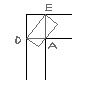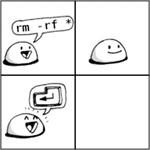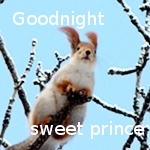http://www.nature.com/news/2010/100414/full/news.2010.181.html
Версии для Ъ не будет, но вроде создали настоящий генератор случайных чисел.
http://www.nature.com/news/2010/100414/full/news.2010.181.html
Версии для Ъ не будет, но вроде создали настоящий генератор случайных чисел.




